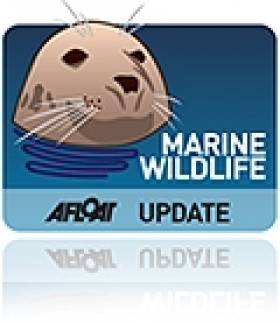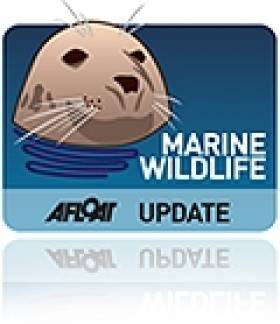Displaying items by tag: April
Humpback Whales A Surprise April Sighting Off West Cork
#MARINE WILDLIFE - At least two humpback whales have been spotted by birdwatchers off Galley Head in West Cork, according to the Irish Whale and Dolphin Group (IWDG).
"This is the first time since the large whale project commenced in 1999 that humpback whales have been recorded along the Irish south or coast during April, which has been up till now the one month in which large whales have consistently been absent from our inshore waters," said IWDG sightings co-ordinator Pádraig Whooley.
The timing of this sighting was described by Whooley as "unusual". He also confirmed that one of the whales was recorded off Hook Head in Co Wexford in late January and early February of this year, which dispells the hypothesis that large whales leave Irish waters after the herring season in the southeast.
Meanwhile, Whooley sounded a word of caution for anyone hoping to spot the humpbacks for themselves, as the "sheer numbers of basking sharks about" often result in false sightings.
The Irish Whale and Dolphin Group has more on the story, including images, HERE.
Basking Sharks Top Recent Marine Sightings
Basking sharks have dominated recent sightings of large marine wildlife, according to the Irish Whale and Dolphin Group (IWDG).
The largest shark species in Irish waters accounted for a whopping 43% of sightings submitted to the IWDG's ISCOPE database between 22 April and 1 May.
Other marine species spotted include minke whales (14%), bottlenose dolphins (10%) and sperm whales (2.5%).
April's unseasonably warm weather and calmer seas brought more people out to the water, which may account for this rise in figures.
Ireland's Wildlife has more on the story HERE.






























































